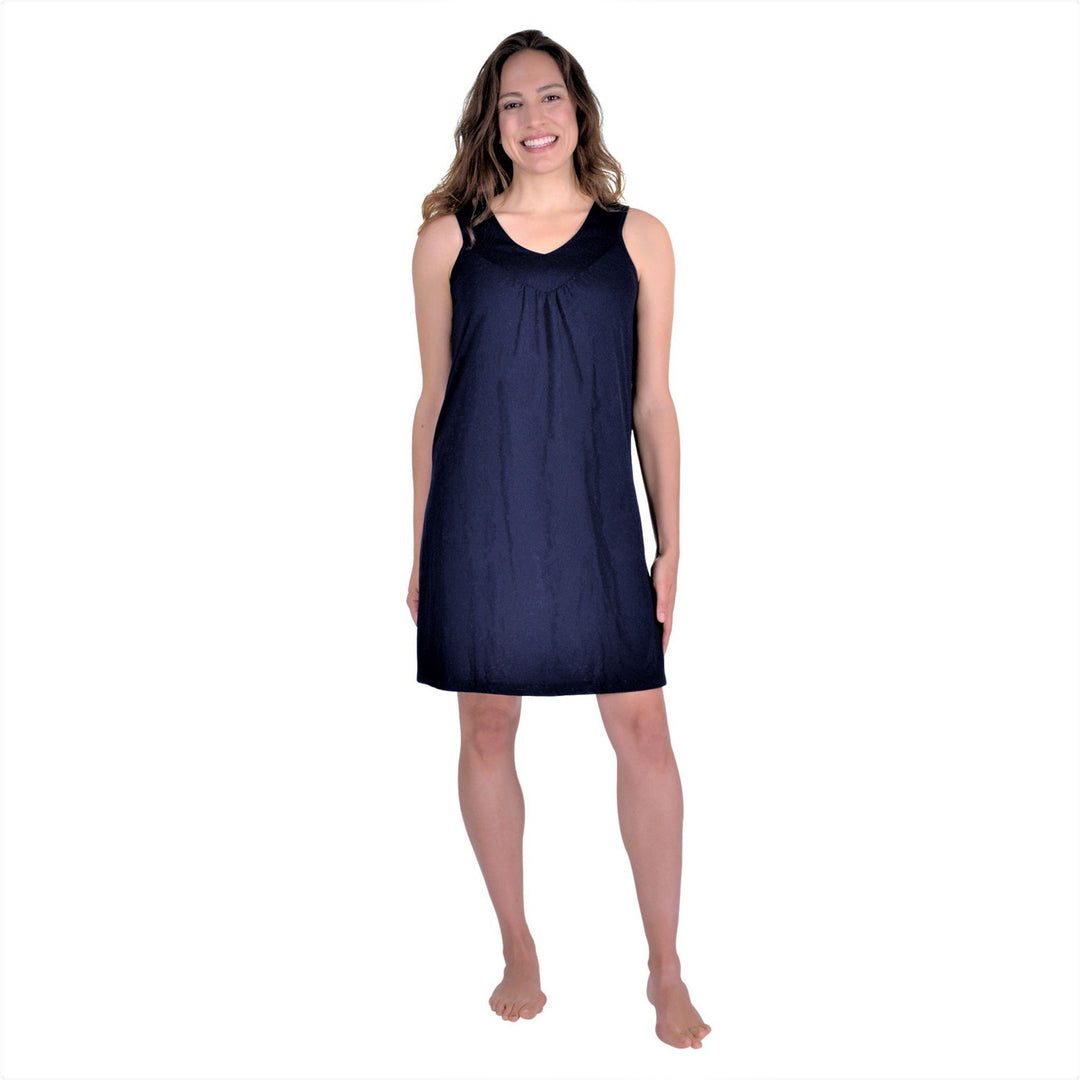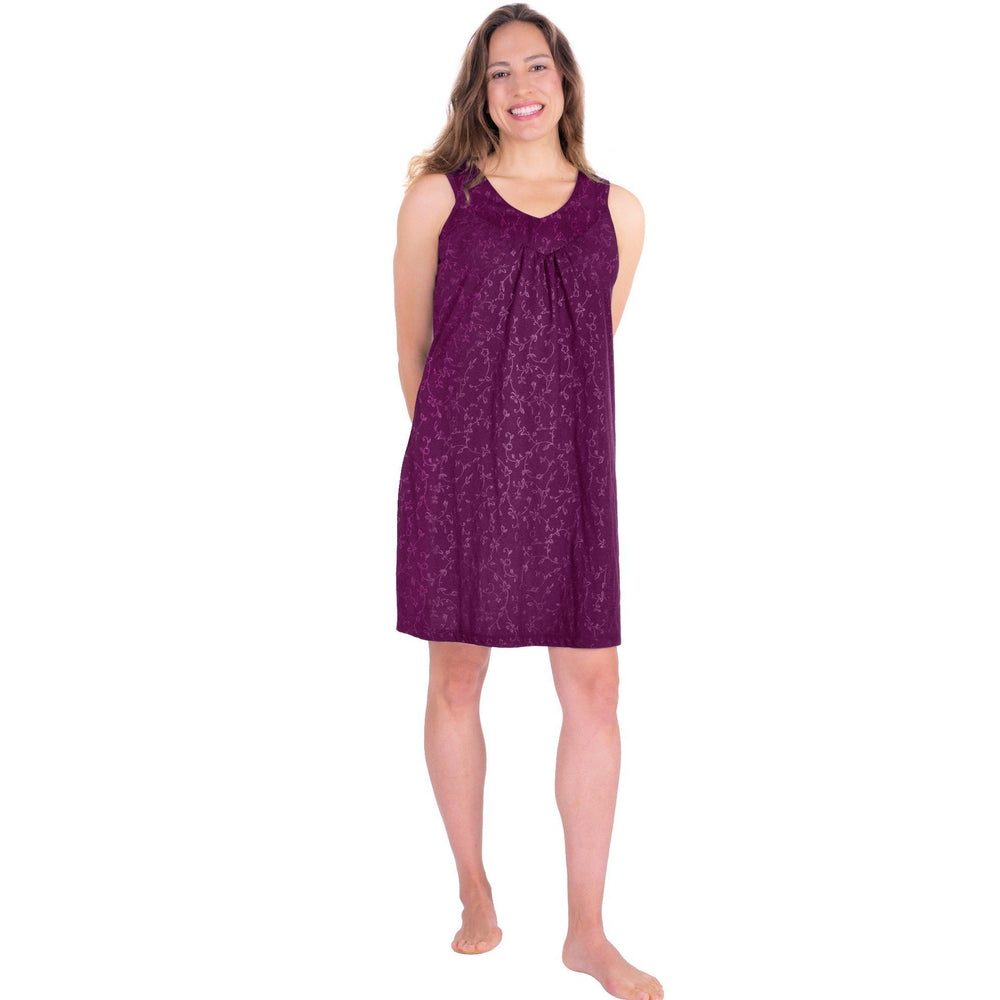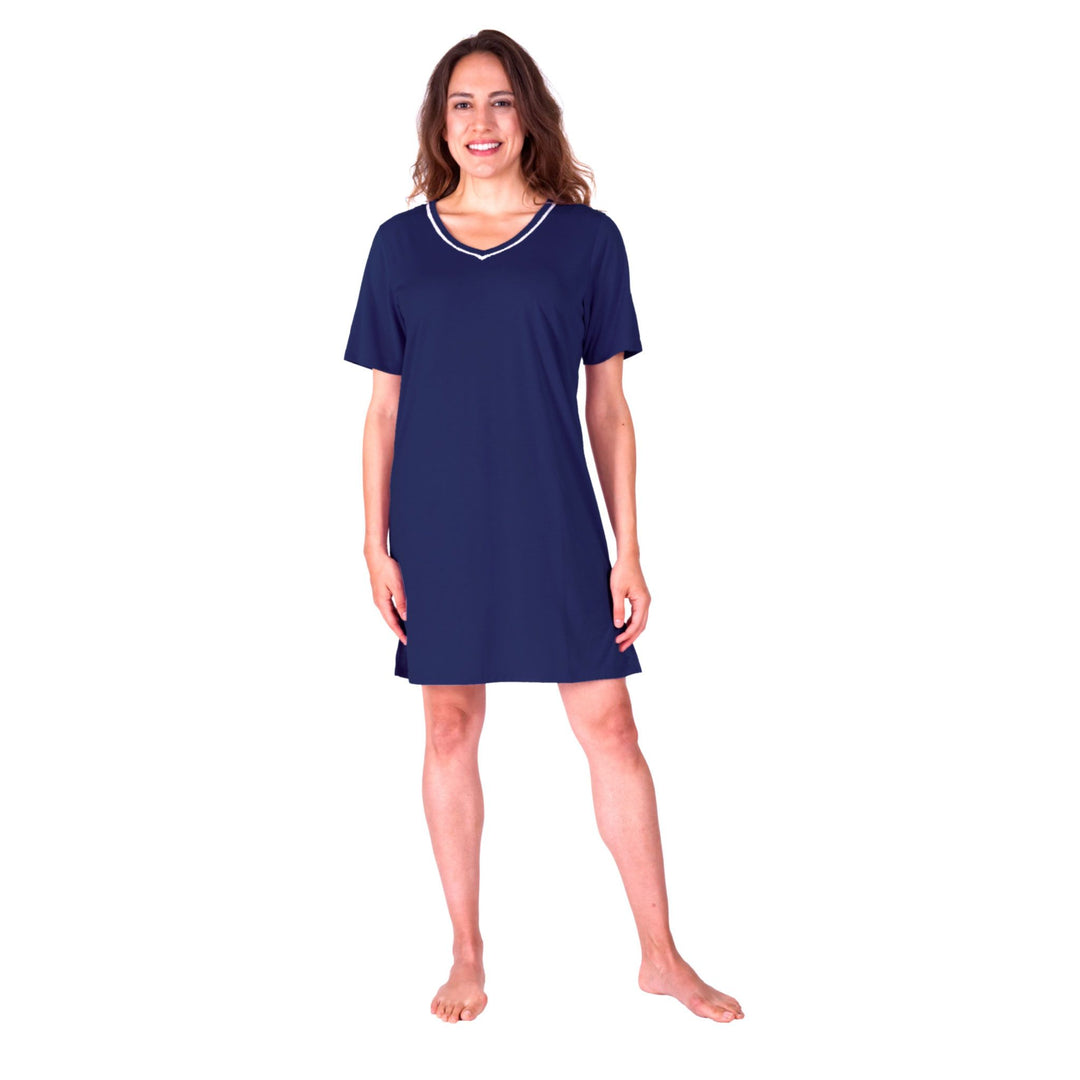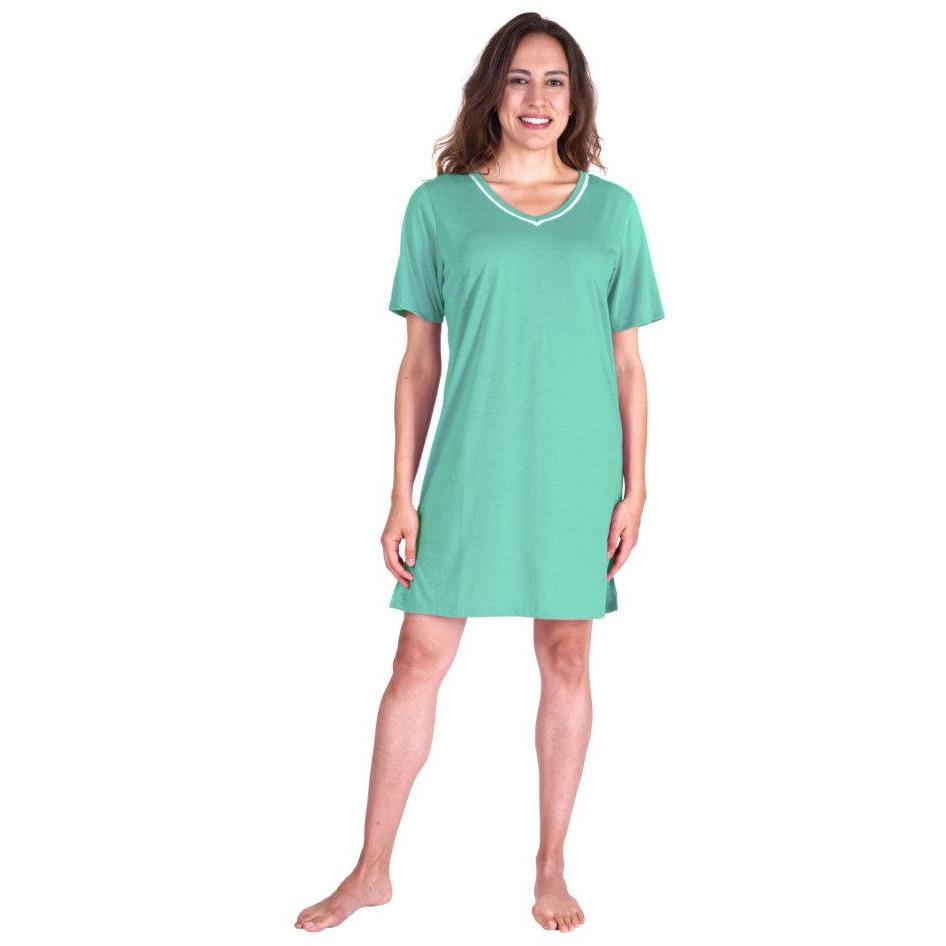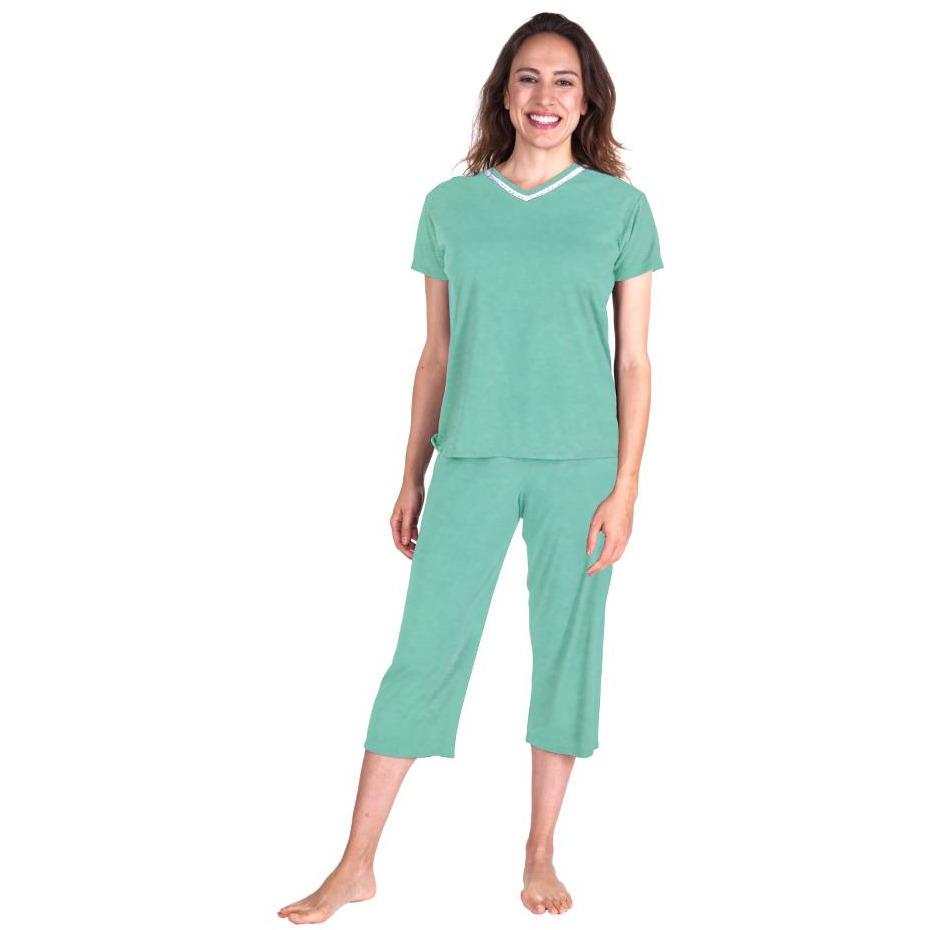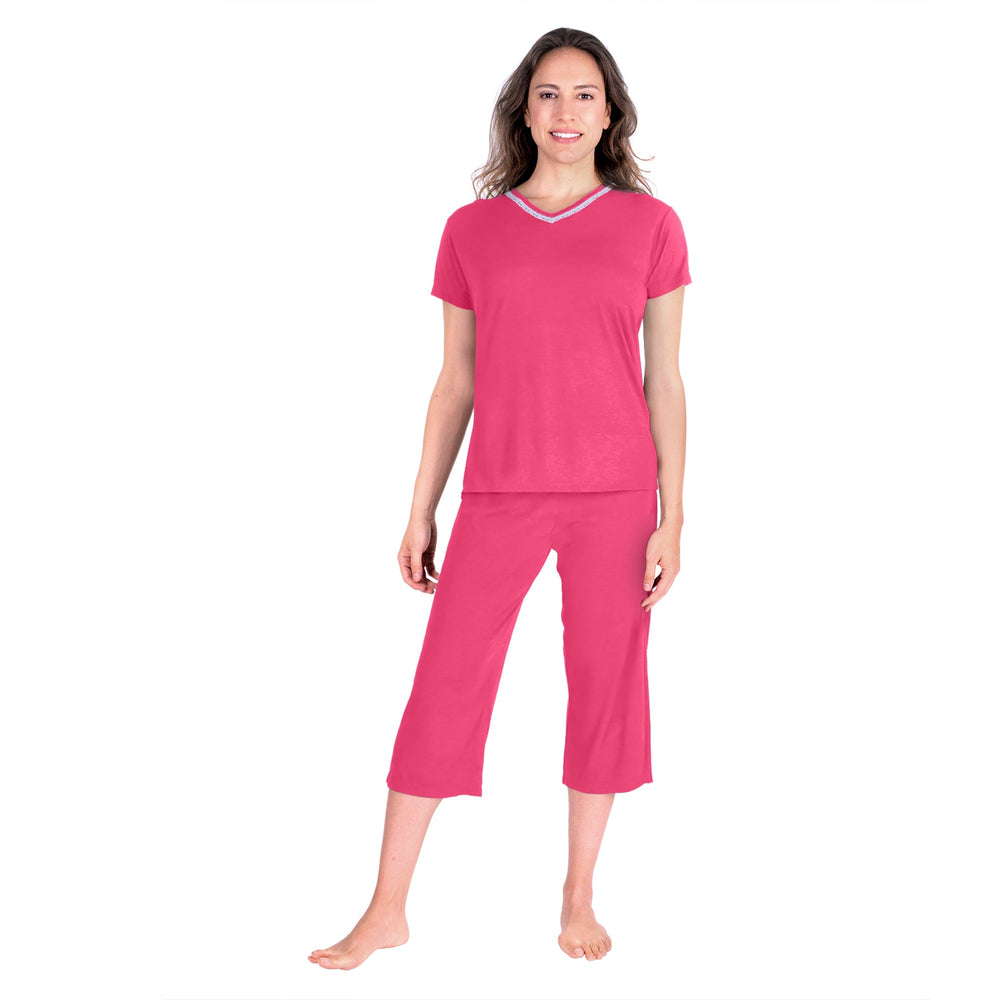better sleep ·
better sleepwear ·
Cool-jams for better sleep ·
Sleep Articles ·
sleep myths ·
temperature regulating bedding ·
5 Sleep Myths You Should Never Believe

Five Common Sleep Myths Debunked
From swallowing spiders to counting sheep, there are hundreds of sleep-related myths floating about around us. Here are some of the most common sleep myths debunked:
- The older you get, the less sleep you need: We’ve all heard it said that older people need less sleep than, say, those in their teens and early twenties. According to the National Sleep Foundation, though, this fact is nothing more than a myth. Adults require between seven and nine hours of sleep to promote wakefulness in the morning. With that being said, older adults (those aged 65 and older) can get away with less sleep than adults (those aged 26 to 64 years old).
- Counting sheep will help you fall back asleep: Counting sheep is an age-old remedy for restlessness and insomnia, but there’s evidence to suggest that it only distracts the brain rather than relaxing it. Instead, focus on creating a comfortable sleep environment with temperature-regulating bedding, darkening curtains and a comfortable mattress.
- Napping is useless: On the contrary! The Sleep Health Foundation says that short daytime naps can be incredibly useful, especially for adults who experience nighttime sleep loss. Adults can benefit from the occasional 15- to 20-minute naps for alertness and restfulness.
- Insomnia can only be treated with prescription drugs: Medication can be useful for sleeplessness, but there are a few steps you can take before resorting to prescription drugs. Finding the right pajamas, bedding and mattress is important, along with regular exercise and a healthy diet.
- Watching TV helps you fall asleep: A recent study found that, in the U.S., watching TV is the most popular pre-sleep activity. But did you know that research suggests that watching TV may be counterproductive to a good night’s rest? That’s because it can be disruptive rather than relaxing, and the TV’s light output may confuse the body’s biological clock, leading to fewer hours of quality sleep.


